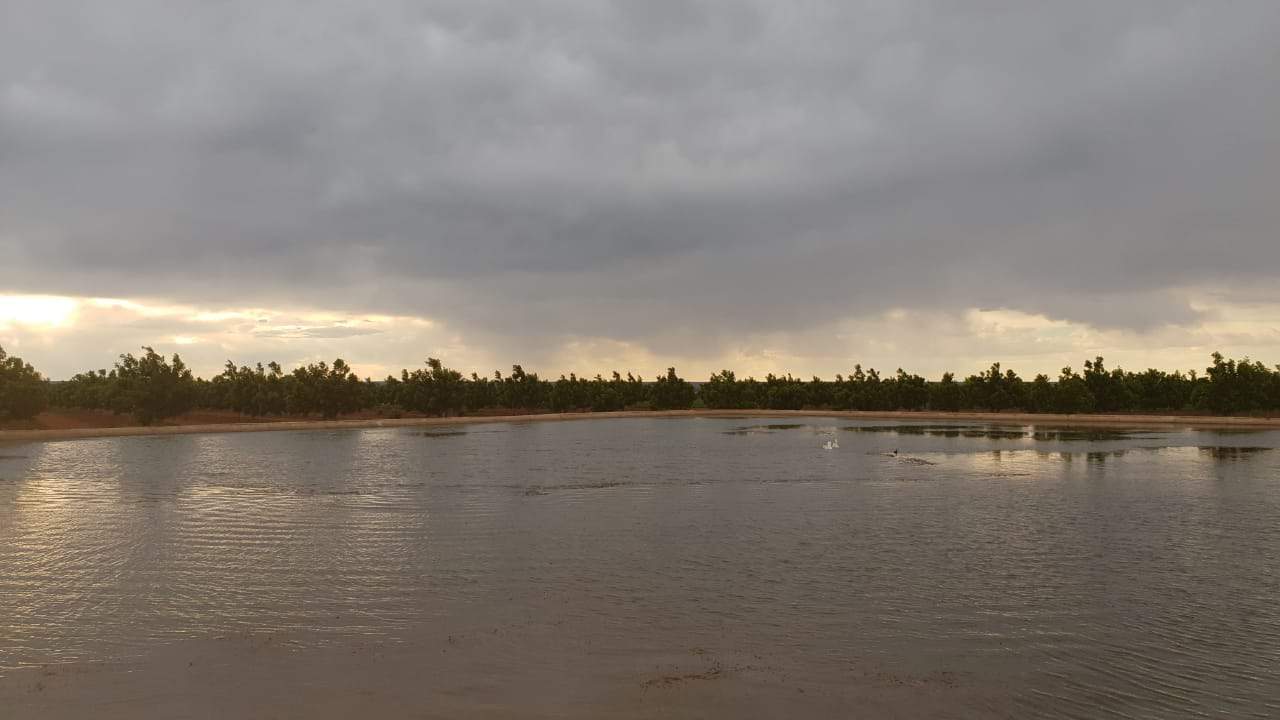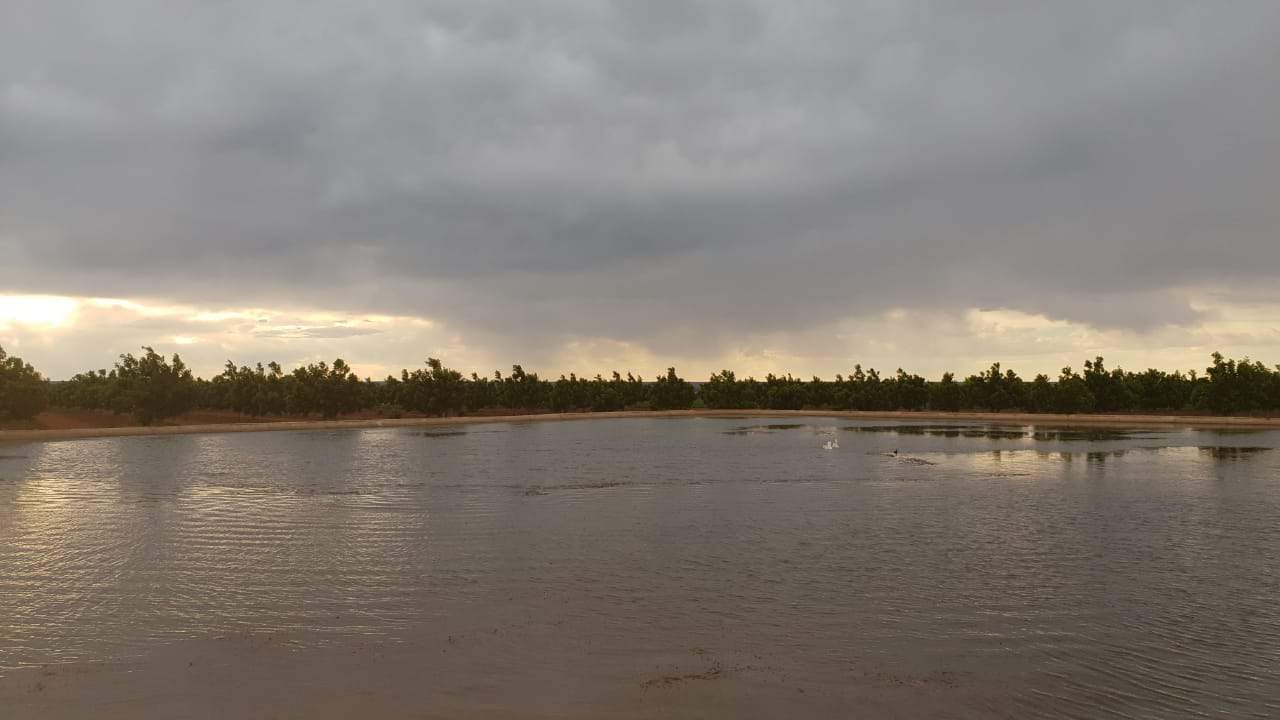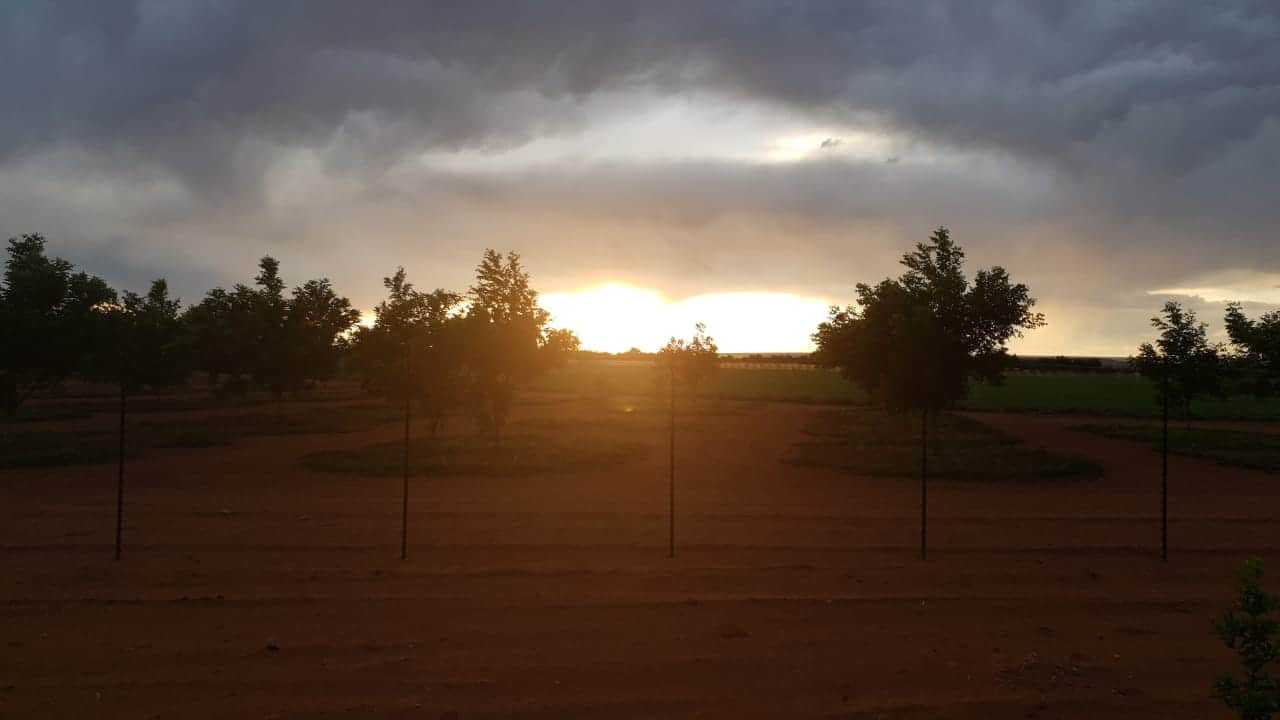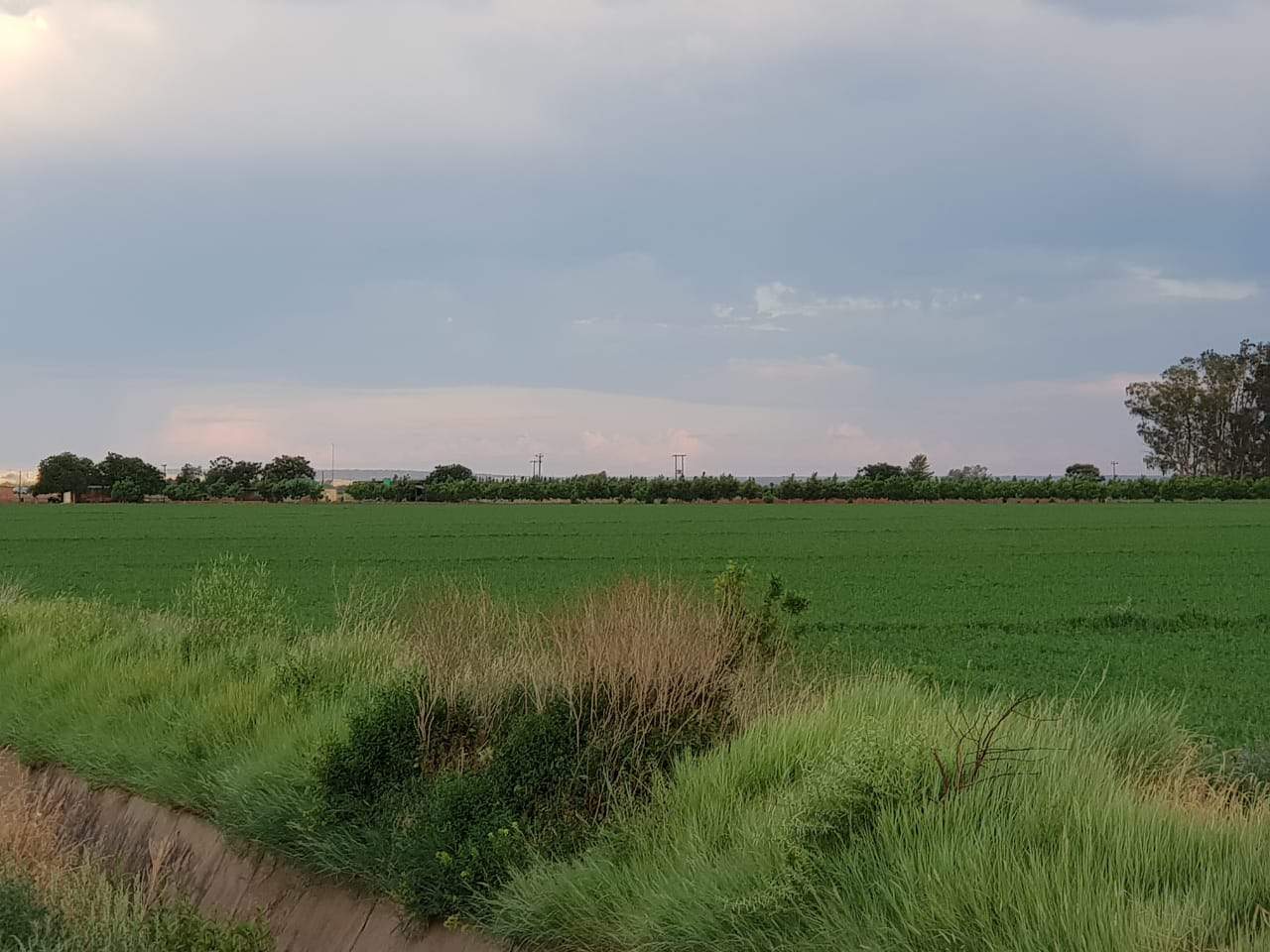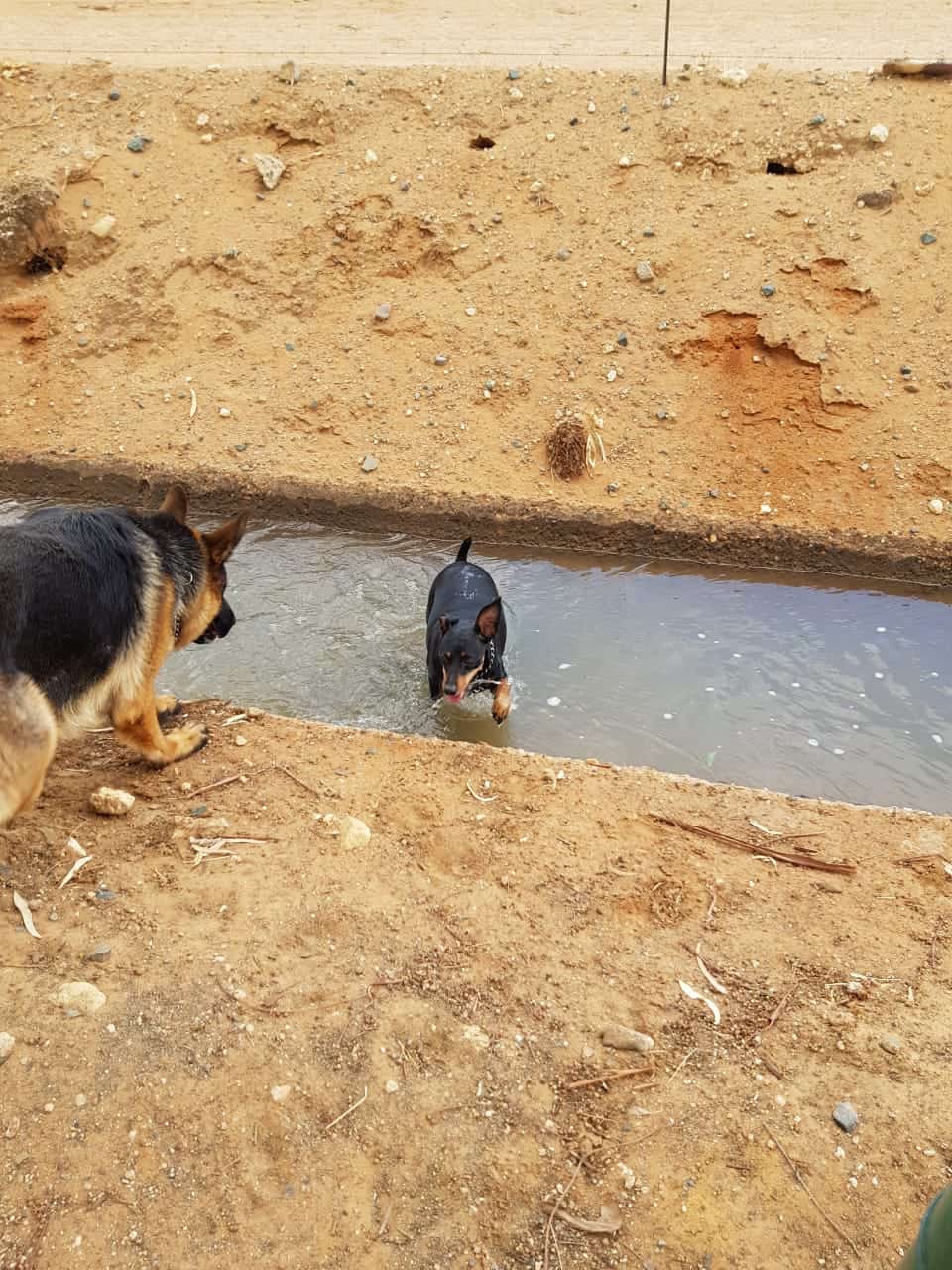By Johan Nortje
All along one of the dusty roads outside Hartswater one sees a long line of blue gum trees. The sky to the west of the road is clear enough so one can see up to the horizon. Earlier, a favourable wind started blowing dust – now resembling mountain brown powder – across the grasslands.
Hartswater certainly is not on Trip Advisor’s shortlist of 100 places to see before one bites the dust, but every unexploited little gem has its attraction.
Endless orchards of emerald green pecan nut trees rise above the plains, basking in the summer sunset. It looks like a place among rows of trees where a bride and bridegroom lovingly look into each other’s eyes while posing for a wedding picture.
My finger points at one of the orchards. My uncle instinctively knows what I was going to ask.
“Yes, we export the nuts to the Chinese. They use them in many of their dishes,” he says in a soft voice.
I last saw him four years ago. Over time, his frame has become thinner, but old pictures from his youth show the body of a man whose muscles were shaped by physical labour – not in an air-conditioned gymnasium with bottled water.
My thoughts about the harvest have been confirmed. With a population of more than a billion, coupled with exceptional economic growth, the Red Dragon developed a huge appetite. Yet they have not mastered everything. The Northern Cape and North West number plates speeding past us show that people here still prefer Japanese, American and German for transport.
“A small group of them visited this area a couple of years ago. They wanted to see how we were doing things.” He chuckled like a naughty child. “They took pictures of everything. Asked questions all the time. What about this? Why are we doing it like this? Complained about the heat. But they were intrigued by your aunt’s Chinese tea set.”
The sight of him in his khaki shirt and denim shorts among a group of Chinese in business suits flashed through my mind. I presume the milk tart and tea small talk was more about the weather and the engineering prowess of the Great Wall than about the catastrophic Great Leap Forward land reform policy of the 1950s.
Just about every farmhouse slipping by is surrounded by a dark green lawn, and canals transporting water stretch over many kilometres between the roads and orchards.
With all this luscious green I have to remind myself again that this is in fact a desert region and that the plants growing here are not a gift from nature.
Vaalharts was not born from hope. During the depression years of the early thirties, the Vaalharts irrigation scheme was established as a haven for thousands of farmers who had to abandon their farms during the drought. The scheme covers about 113 100 hectares. Roughly the size of Hong Kong.
The construction of the irrigation scheme reminds me of something the journalist Robert Kaplan once said about people’s struggle to overcome obstacles posed by nature.
In 1755 the city of Lisbon in Portugal was hit by an earthquake. It was one of the deadliest earthquakes in the history of man. The quake was followed by a tsunami. This was followed by a stream of fire that raged for five days on end.
Reacting to this, the French philosopher Voltaire said he was morally opposed to the earthquake. This seemingly nonsensical statement was explained by Kaplan, namely that Voltaire was opposed to any impersonal forces restricting the existence of people, whether in the form of natural forces or geographic or economic obstacles. People should not accept the deterministic fate of nature, and according to him, accepting this would amount to a slap in the face for people’s driving force.
It is through this driving force that Hartswater has been able to overcome setbacks such as droughts, interest rates and floods throughout its history. For the moment I cannot put my finger on it, but on revisiting the region it is as if some of this has been lost and weariness is becoming ever more prevalent.
Maybe it is the Christmas decorations on street lights in Jan Kempdorp that are dead because of the municipality’s lack of funds. Maybe it is the rubbish flowing down the canals from Pampierstad. Mostly take-away food wrappings. Few people these days take the trouble of sitting down at a table to have a meal with loved ones. And these days the canals are unable to supply all with water. Maybe it is the drug problem in the town.
Or maybe people should never have been here. Edward Abbey in Desert Solitaire confesses that “there is no shortage of water in the desert but exactly the right amount, a perfect ratio of water to rock, water to sand, insuring that wide free open, generous spacing among plants and animals. There is no lack of water here unless you try to establish a city where no city should be.”
Maybe it is the struggle to make a living in this harsh landscape or the lines on my uncle’s face reflecting many years of long hours in the scorching sun, but I know in this region both exertion and inexhaustible passion simply have to go hand in hand.
Share on
Latest articles



